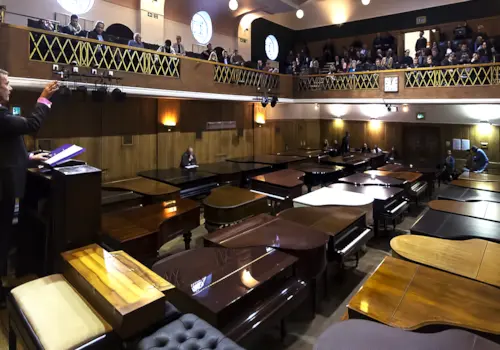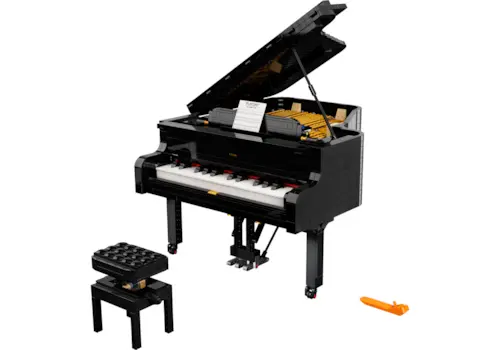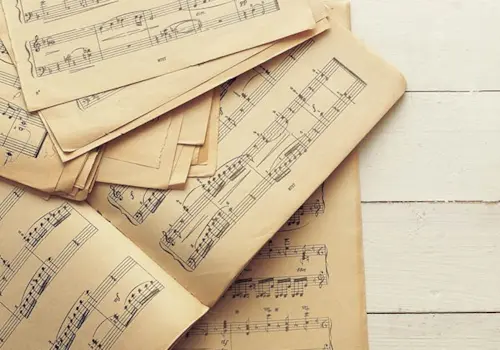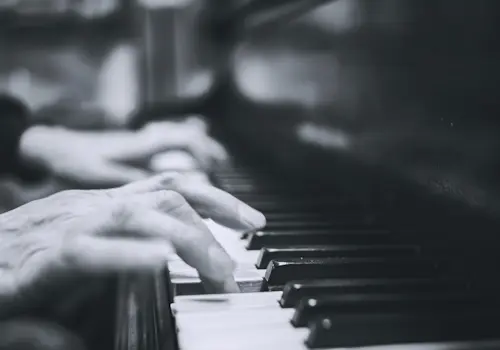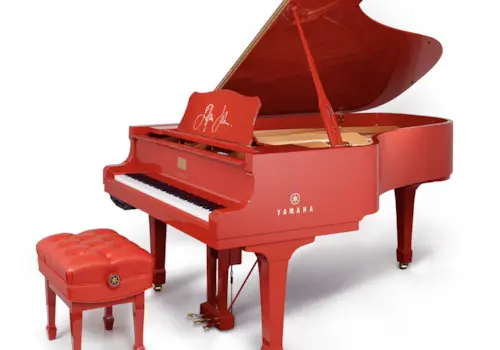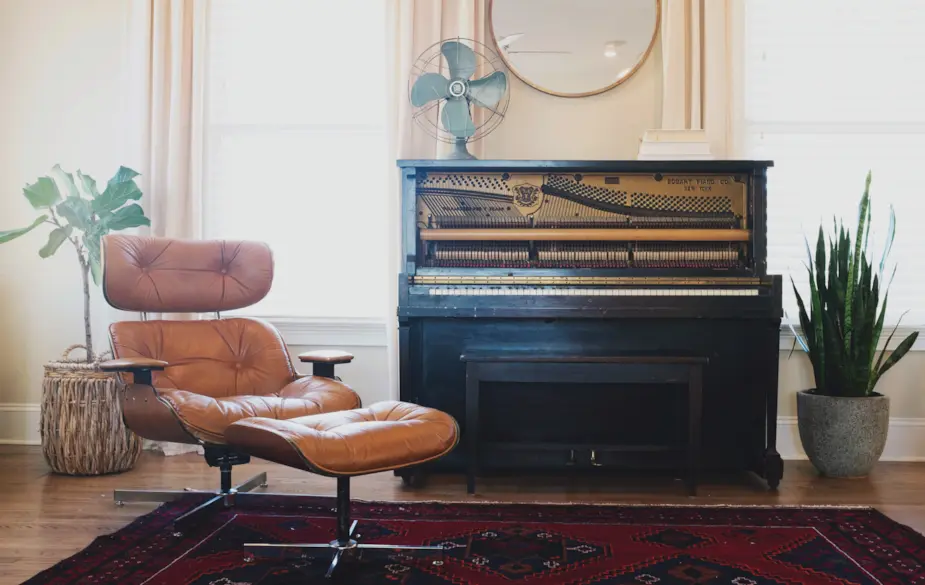Rhonda Rizzo offers up key advice on how to fit music into a busy life
The windows are open, allowing fresh air and sunlight to spill across the piano keyboard. The house is silent, save the sound of your music. Inspiration flows naturally—it’s just you, the composer, and the piano, locked in a dance of beauty and grace.
That’s the fantasy. The reality is more like this:
The TV is on and someone is banging pots and pans in the kitchen. There’s a pile of laundry awaiting your attention, the phone keeps ringing, and no matter how hard you try you can’t put your to-do list out of your mind and concentrate on the notes. After fruitlessly jabbing at the keys for a few minutes, you give up and promise yourself that you’ll practise tomorrow.
Everyone’s busy and life just keeps getting busier. Distractions multiply with every new app or electronic device. Most aspiring pianists fit their dream of playing the piano into work or school schedules, home responsibilities, and family obligations. It’s difficult to learn how to turn off all distractions and make time to play beautiful music.
Decades of practising (and teaching students to practise) has taught me that creating space for practising requires us to address these four things:
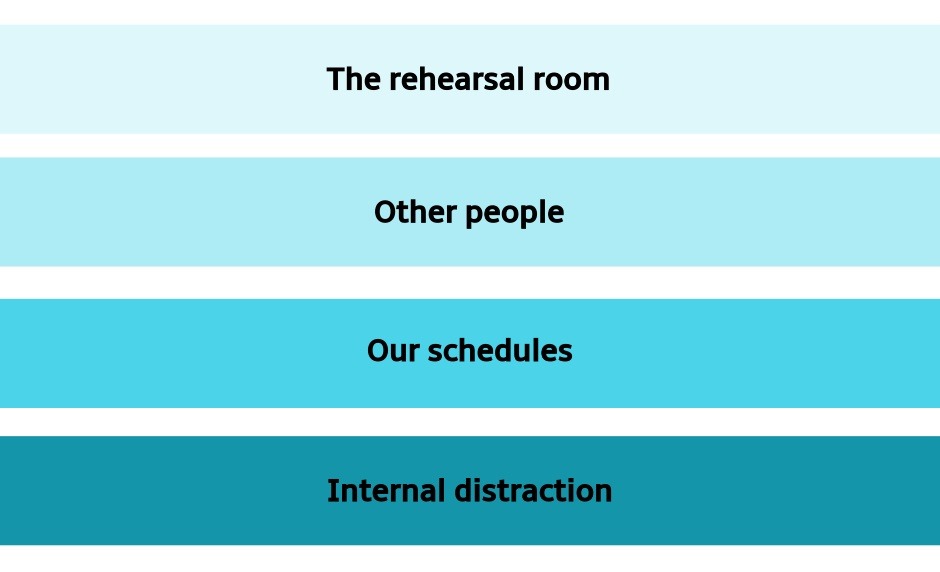
Here are some hard-won tips on how to fit music into a busy life:
1. Room space

©Kawai
In the 19th century, no middle-class home was complete without a piano in the parlour and even today, most pianos are placed in the centre of the living space where distractions abound. As pianists, we can’t pick up our instruments and head to a quiet part of the house so the situation requires some creativity. Can the piano be relocated to a quiet spot (preferably one with a door)? Can the room be rearranged? If not, how can you create the privacy you need to practise effectively?
2. Social Space

© Unsplash
Unless you live alone (or practise on a keyboard with headphones), everyone else in your home listens to your practice time. And while performances can be beautiful and transcendent, practising (with its endless repetition) can be a form of sonic torture for listeners. Courtesy is required. Don’t practise when others are sleeping/when they’re watching the game/when they’re on important phone calls. Do set a practice schedule that everyone agrees to and then stick to it. And if you live in a flat or apartment and share walls with neighbours, it is courteous to check your practice schedule with them too. Taking small steps to ensure a harmonious household helps others become practising allies, not saboteurs.
Want top tips, advice and masterclasses delivered to your door without any hassle? Subscribe to Pianist today.
3. Schedule space

© Unsplash
Our lives are busy and getting busier. Distractions proliferate. Choosing to play the piano requires finding daily practice times in already overloaded schedules. I’ve found it helps to tie practice to another activity—right after dinner, for instance—in order to keep myself from putting it off until “later” (and then finding that “later” never comes). And although it’s difficult to accept, other activities may need to be sacrificed in order to make time for the piano. Weigh these choices carefully; don’t let go of things that will cause you to resent having to give them up.
When scheduling practice time, be sure to consider when you’re most alert. If you’re not a morning person, don’t try to practise before dawn each day. If you like wine with dinner, perhaps it’s best to practice before you eat. Working with who you are makes it easier to stay in a practice routine.
5 top tips for creating the perfect practice schedule.
4. Headspace

© Unsplash
This is the one space over which we have complete control, but it’s easily the most difficult to manage. Whether we call it “monkey mind,” “distraction” or just plain real life, we don’t really know how fragmented our thinking is until we sit down and try to practise. We hit the bench and the “shoulds” “have-tos” and “want-tos” appear. Rather than fight all the noise, I keep a pen and a piece of paper by the piano so I can list all this stuff and then set it aside. Pretend it’s the 19th century and keep phones and computers away from the piano. In other words, unless the house is burning down, be blissfully unavailable to the rest of the world.
Will we ever have as much practice time as we wish? Probably not. But productive daily practice is achievable when we work with our environment, our loved ones and ourselves to create space for it every day.
Main image: © Unsplash


